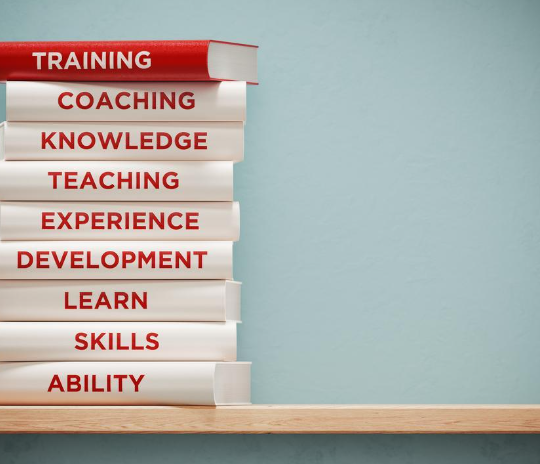 So you’ve just graduated college, maybe you’ve been working for a while as well, but you feel something is missing in your life. It’s pretty common for people to feel somewhat ‘incomplete’ after college. They feel like they are stagnating in their work, and there is no actual progress in their learning anymore. This is when most people start thinking about their higher education and how it can potentially enrich their lives and, of course, add more gloss to their resume.
So you’ve just graduated college, maybe you’ve been working for a while as well, but you feel something is missing in your life. It’s pretty common for people to feel somewhat ‘incomplete’ after college. They feel like they are stagnating in their work, and there is no actual progress in their learning anymore. This is when most people start thinking about their higher education and how it can potentially enrich their lives and, of course, add more gloss to their resume.
However, how do you know it’s a good time to pursue your masters? It’s a reasonably significant step to take and certainly one with a few strings attached. We understand that you might be passionate about pursuing a master’s degree. Still, you may want to gauge when you should start applying for one or whether it is a good idea in the first place.
Here are a few questions to ask yourself to gauge when you should get your master’s degree.
Table of Contents
Have I narrowed down a degree?
The immediate response to this will almost always be yes. However, take a second to think about whether you are passionate about the degree you have chosen. Not only are these two or more years of your life that you are committing to, but the degree you select now will most likely become your career path for years to come.
The good part is that modern times and tech have given us a diverse range of subjects to choose from and an exciting way to consume course content. With online degrees becoming somewhat of a norm, millions of individuals worldwide are now considering acquiring higher education. So whether it’s a master’s in education in a traditional classroom or social work online masters, ensure you choose the right subject. It’s all too common for students to drop out because they aren’t satisfied with the course they initially chose. Take your time, think about the options, and don’t rush your decision.
Can I afford this?
When it comes to quality education, finances are usually one of the most important deciding factors that narrow things down. It should come as no surprise to hear that higher education degrees come with a high cost. The average cost of a master’s program in the US is 30 thousand dollars.
Are you financially ready to commit to that? Can you risk leaving your job AND pay out a large amount of money at the end of the year? You can always take out a student loan, but are you ready to do that? Again?
The finances of the entire process of getting higher education do make it reasonably complicated. It would be wise to wait things out until you are financially able or have a few solutions available. Committing early and not being able to pay the fees is going to sting where it hurts the most!
What does the market look like?
Not only should you be looking at the country’s economy, but you should also look at the market situation for your particular degree/career choice. Consider asking yourself some more questions:
- Does the current economic situation allow you to pursue your master’s?
- With millions of people saving their money during the pandemic, would this be a wise time to invest in yourself?
- What does the prospect for your career look like? Do you think your niche is going to grow soon, or is it going to become saturated?
Knowing both the economic situation for the next five to ten years is extremely important when deciding when to pursue your masters. This will help you evaluate your current choice regarding how relevant it will be in the future. Also, keeping a close eye on market trends can help you uncover new opportunities and potential areas for higher education to pursue.
Where do I see myself after this degree?
Where DO you see yourself? Do you see yourself having to deal with a fair amount of unemployment after graduating? Do you see yourself getting back to work and growing in your profession? Or do you plan on winging it and going where the wind blows? Each of these questions is valid in its own right, and answering them is easier said than done.
However, if you aren’t ready to tackle these questions yet, we suggest that you take your time and ponder. It would be best if you had some direction in mind for the time after you graduate. Failure to do so is setting yourself up for disaster, a tragedy after you have spent thousands of dollars and two years of your life.
Conclusion
The questions above give you a direction to head in and make the decision-making process much more manageable. However, you can have all the right conditions and still not be mentally ready for your degree. Way too many students rush their decision and enroll when they aren’t mentally prepared to take on the challenges. We don’t need to talk about what happens to them; it’s pretty obvious.
Take your time, ponder, deliberate, and figure it out for yourself. Do not feel the need to rush into enrollment. Age is not and never has been an issue when it comes to higher education. Pace yourself right and make a success of this new life venture. With all the factors involved in pursuing your masters, in the end, you shouldn’t have a shadow of a doubt that you made the right decision.
So to answer the question of when to pursue your master’s degree? When you’re ready in every sense.







